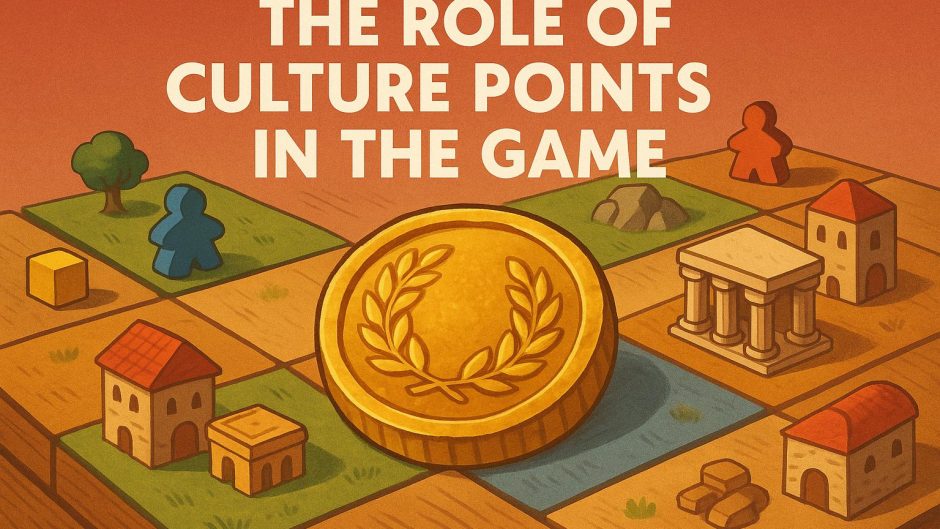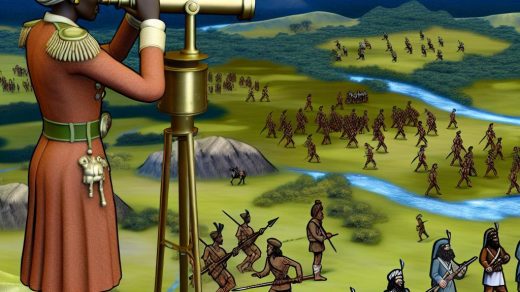The Role of Culture Points in the Game
In the realm of strategy games, culture points are often a pivotal component that significantly enhances a player’s success and enriches their overall gaming experience. These points are not just currencies within the game; they are resources that players diligently gather through a series of in-game actions and notable achievements. For those who are determined to optimize their gameplay, understanding the intricacies of culture points becomes a crucial task.
Definition and Acquisition
Culture points are typically amassed by expanding key aspects of a player’s civilization, which can include technological innovation, artistic expression, and societal progress. The acquisition of these points is achieved through engaging in various activities, such as the construction of specific buildings, the successful completion of cultural or technological milestones, and, in some cases, diplomatic engagements with fellow players. Each of these activities involves distinct mechanisms and requirements, making the journey to acquire culture points a complex endeavor.
The construction of buildings dedicated to enhancing cultural values might involve selecting the appropriate architectural designs that align with the player’s overall strategic goals. Similarly, advancements in technology can serve dual purposes, enhancing both cultural and economic gains. Diplomatic actions, meanwhile, may consist of negotiating treaties or forming alliances that reflect cultural prowess and sophistication. Each of these avenues offers a rich set of possibilities, encouraging players to engage with multiple facets of gameplay to steadily build up their culture points.
Importance in Gameplay
The significance of culture points in gameplay cannot be overstated, as they frequently dictate the rhythm and strategy of a player’s approach. Accumulating a substantial number of culture points opens the door to a variety of benefits, such as unlocking higher levels, gaining access to cutting-edge technologies, or obtaining additional characters and units. These advantages are integral to strategic planning, influencing both the immediate tactics and the overarching objectives one might have while playing.
For instance, gaining access to advanced technologies can afford a player significant advantages over competitors who may be focusing on other resources like military expansion. High culture points might also facilitate a more peaceful, yet equally powerful assertion of dominance, allowing a player to achieve supremacy not by force, but by outpacing others in cultural achievements. Consequently, players must deliberate carefully, weighing the investment of time and resources into culture points against alternative strategic pursuits, such as bolstering military might or enhancing economic stability.
Influence on Player Interactions
Culture points wield substantial influence over player interactions, particularly within multiplayer contexts where the actions of one can prompt responses from others. In such settings, the accumulation of culture points can alter a player’s standing in relation to others. Players who successfully amass significant cultural resources can earn respect and admiration, fostering alliances and partnerships based on mutual cultural interests.
Additionally, the strategic accumulation of culture points can stir competition among players, leading to a dynamic environment where cultural dominance becomes a coveted goal. This system introduces a balanced form of gameplay, offering players a route to victory that does not strictly rely on aggressive tactics. It presents cultural supremacy as a viable alternative path to, or complement for, more traditional forms of conquest and competition, contributing to a more diverse and engaging game environment.
Strategic Considerations
Incorporating culture points into one’s strategy involves more than just their acquisition; it necessitates judicious use and deployment. Players are frequently faced with critical decisions about when and how to focus on maximizing culture points directly, versus when to allocate efforts across other game resources such as military prowess or economic growth.
An effective strategy typically requires a delicate balance that is responsive to the nuances of the current game state and mindful of the actions undertaken by other players. This dynamic balancing act might involve shifting focus between immediate gains and long-term objectives, ensuring that the player remains adaptable to changes in the game’s landscape.
Understanding opponents’ strategies and predicted moves becomes paramount, as a player well-versed in the subtleties of culture point strategy stands to gain a tactical edge. By closely observing the environment and making informed choices, players can enhance their ability to leverage culture points effectively, creating a formidable presence within the game.
In conclusion, culture points stand as a fundamental aspect of numerous strategy games, requiring players to engage deeply in planning and executing strategies to leverage their beneficial potentials fully. Mastering this component can dramatically amplify a player’s chances of success, offering a multifaceted approach to achieve greatness in the digital realm. For those eager to delve deeper into optimizing their use of culture points, consulting strategy guides or participating in player forums can provide additional, invaluable insights, ensuring a well-rounded understanding and mastery of this critical game element.
This article was last updated on: November 19, 2025






Recent Comments